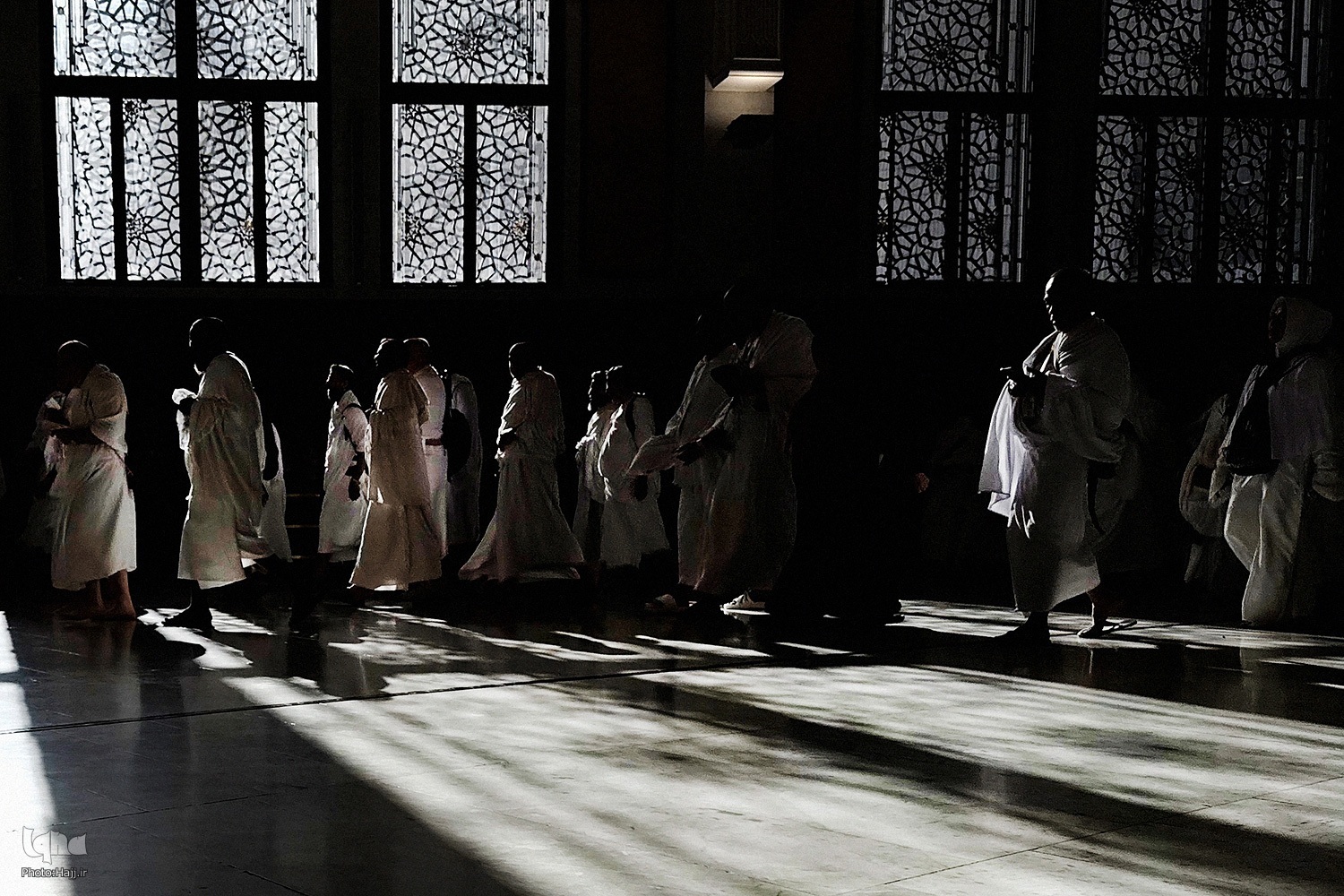Eid al-Adha: A Commemoration of Devotion and Sacrifice

Observed on the tenth day of Dhul Hijjah, the final month of the lunar Hijri calendar, the occasion commemorates the devotion and obedience of the Prophet Ibrahim (Abraham) and his son Ismail (Ishmael).
According to Islamic tradition, God commanded Ibrahim to sacrifice his son Ismail—a child born to him in his old age. Demonstrating unwavering faith, both father and son prepared to fulfill the divine order.
However, as Ibrahim was about to carry out the command, God intervened, sending Angel Jibraeil (Gabriel) with a message to replace Ismail with a ram. This account is documented in verses 106 to 109 of Surah As-Saaffat in the Quran.
The verses state:
“That was indeed a clear trial. So, We ransomed him with a mighty sacrifice, and We let it (the beautiful praise) remain upon him in the latter (generations), Peace be on Ibrahim.”
This narrative is widely interpreted as a profound test of faith and sincerity (Ikhlas).
It is believed by many scholars that the purpose was not the act of sacrifice itself, but rather to demonstrate complete submission to God's will.
Some interpretations also suggest that this event marked a shift away from the practice of human sacrifice, which was prevalent among certain ancient tribes, redirecting the act toward a spiritual and ethical dimension.
The core message, as understood by many, emphasizes purifying the heart from worldly attachments and dedicating actions solely to God.
Read More:
Today, this message is symbolically observed during the annual Hajj pilgrimage. Pilgrims are required to sacrifice a Halal four-legged animal as part of the ritual.
Beyond those performing Hajj, many Muslims around the world also observe this tradition. While some Islamic scholars regard it as Wajib (obligatory) for those who can afford it, others consider it Mustahab (recommended).
It is also customary for Muslims to eat a portion of the sacrificed meat after the Eid prayers.



